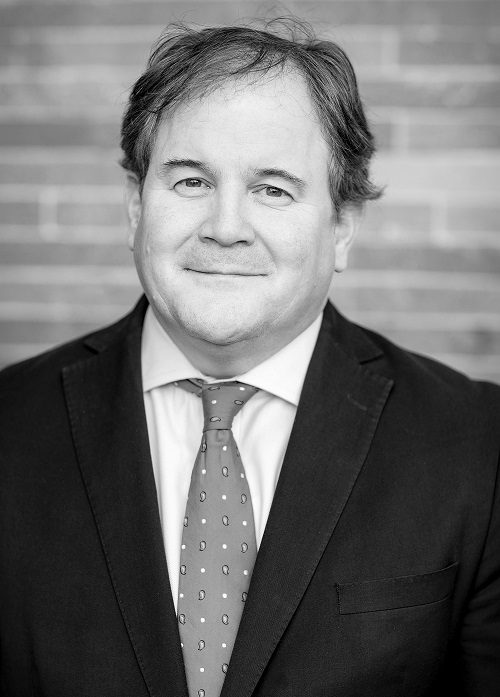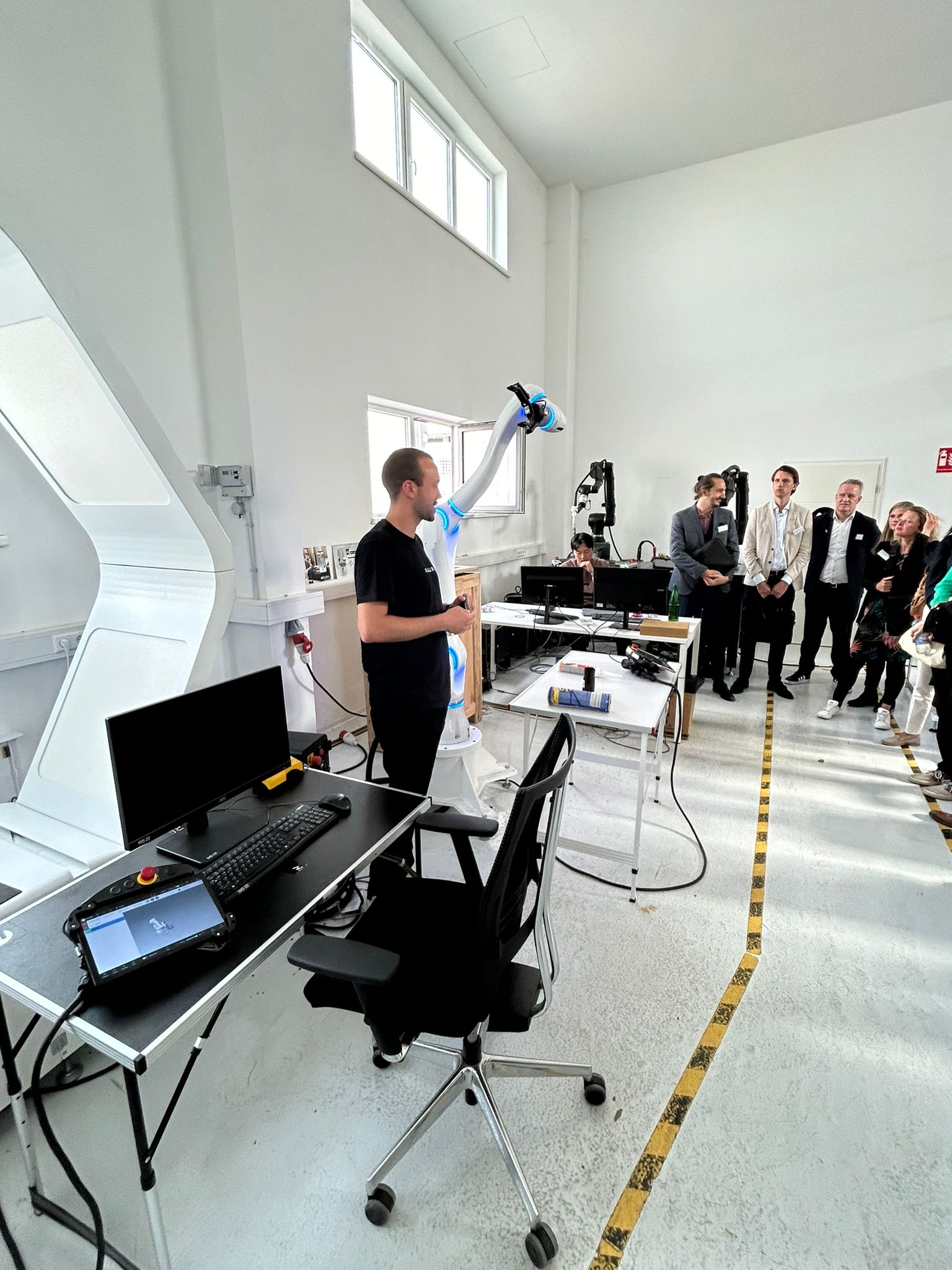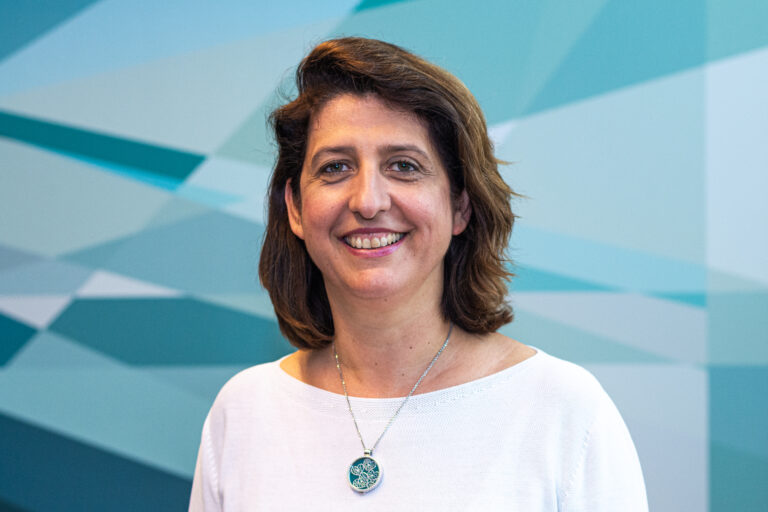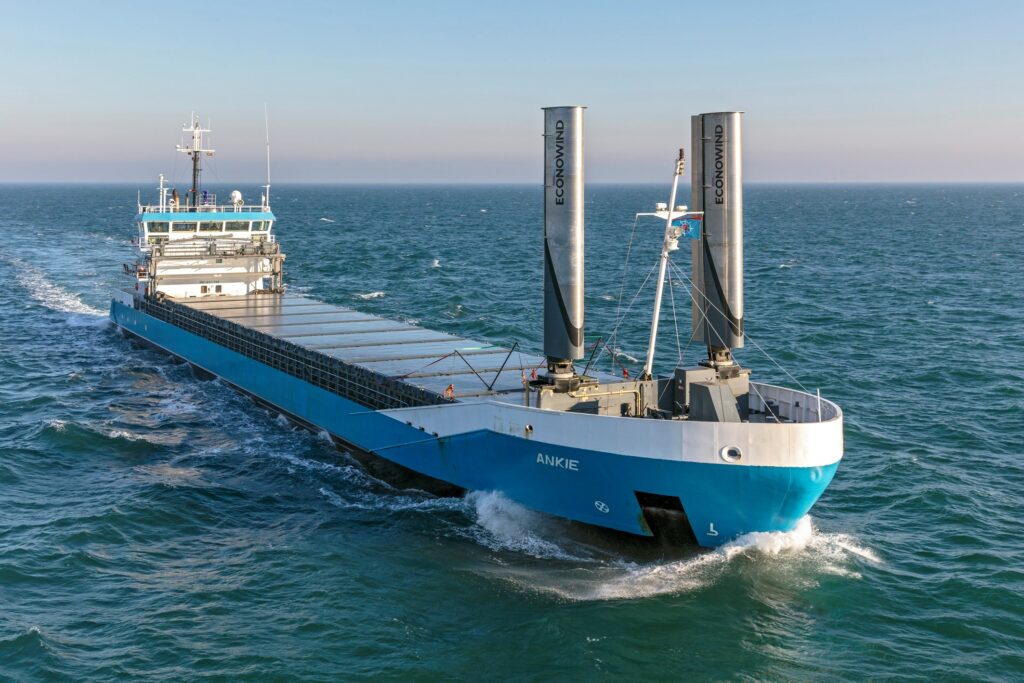Artificial Intelligence (AI) offers a wide range of possibilities for the cultural sector, in which heritage, media and (performing) arts are strongly represented. Connection with the development of artificial intelligence is crucial for this sector. For a structural and efficient application, more demand-driven AI research is needed.
Kees van der Klauw, coalition manager NL AIC, is pleased to announce that Eppo van Nispen tot Sevenaer, general director at the Netherlands Institute for Sound and Vision, will start as Chairman of the working group Culture for the coalition. Eppo van Nispen tot Sevenaer explains: “AI also offers great opportunities for the cultural sector, for example by analyzing viewing behavior and making large amounts of heritage data searchable. AI is also playing an increasingly prominent role in the creative process. Think of the development of new forms of interactive storytelling and the automatic generation of music pieces. The question is how to realize the potential, while being aware of the ethical and legal preconditions. Because of its visibility in libraries and museums, as well as through various digital distribution channels, the sector is also pre-eminently able to introduce a broad public in an appealing way to the responsible deployment of AI in various social sectors working together within the coalition”.
There are various opportunities for the use of AI within the culture sector. The Royal Library, the Center for Mathematics and Computer Science, the University of Amsterdam and the Netherlands Institute for Sound and Vision, has therefore taken the initiative for the start of the culture working group.
Given the potential of AI applications, different user requirements and taking into account ethical and copyright regulations, the aim of the working group is to come with an AI innovation agenda for the sector. The aim is to create a balanced reflection of the ecosystem, which includes public institutions, knowledge institutions, companies, SMEs, and self-employed people.
For more information about the working group, please consult this page.






